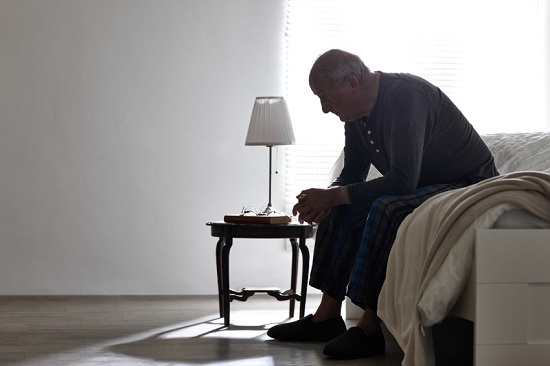
The negative effects of hearing loss appear obvious, including the stress of the continual battle to hear and the impact this can have on relationships. But what if the repercussions went further, and could actually influence your personality?
Research from the University of Gothenburg shows that this may be the case. The researchers examined 400 individuals aged 80-98 over a six-year time period. The researchers measured several physical, mental, social, and personality measures through the duration of the study, including extroversion, or the disposition to be outgoing.
Surprisingly, the researchers couldn’t associate the decrease in extraversion to physical variables, cognitive decline, or social challenges. The one factor that could be connected to the decline in extraversion was hearing loss.
While people ordinarily become less outgoing as they get older, this study demonstrates that the change is amplified in those with hearing loss.
The effects of social isolation
Reduced extraversion, which can result in social isolation in the elderly, is a major health risk. In fact, a meta-analysis of 148 studies assessing the relationship between social isolation and mortality found that a lack of supporting social relationships was correlated with increased mortality rates.
Social isolation is also a major risk factor for mental illness, including the onset of major depression. Being less socially active can also result in reduced physical activity, leading to physical problems and weight issues, and the lack of stimulation to the brain—ordinarily received from group interaction and dialogue—can lead to cognitive decline.
How hearing loss can result in social isolation
The health effects of social isolation are well developed, and hearing loss seems to be connected to decreased social activity. The question is, what is it about hearing loss that tends to make people less disposed to be socially active?
The obvious answer is the trouble hearing loss can present in groups. For those with hearing loss, it is often exceedingly difficult to follow conversations when several people are speaking simultaneously and where there is a lot of background noise.
The sustained battle to hear can be exhausting, and it’s sometimes easier to give up the activity than to struggle through it. Hearing loss can also be embarrassing, and can create a sensation of separation even if the person is physically part of a group.
For these reasons, amongst others, it’s no surprise that many people with hearing loss decide to escape the difficulties of group communication and social activity.
What can be done?
Hearing loss leads to social isolation mainly due to the difficulty people have communicating and participating in group settings. To render the process easier for those with hearing loss, consider these tips:
- If you have hearing loss, consider trying hearing aids. Today’s technology can treat virtually all instances of hearing loss, rendering the amplification necessary to more easily interact in group settings.
- If you have hearing loss, talk to the group in advance, informing them about your hearing loss and advocating ways to make communication easier.
- For those that know someone with hearing loss, try to make communication easier. Minimize background noise, find quiet areas for communication, and speak directly and clearly to the person with hearing loss.
With a little awareness, preparation, and the proper technology, we can all make communication much easier for individuals with hearing loss.
